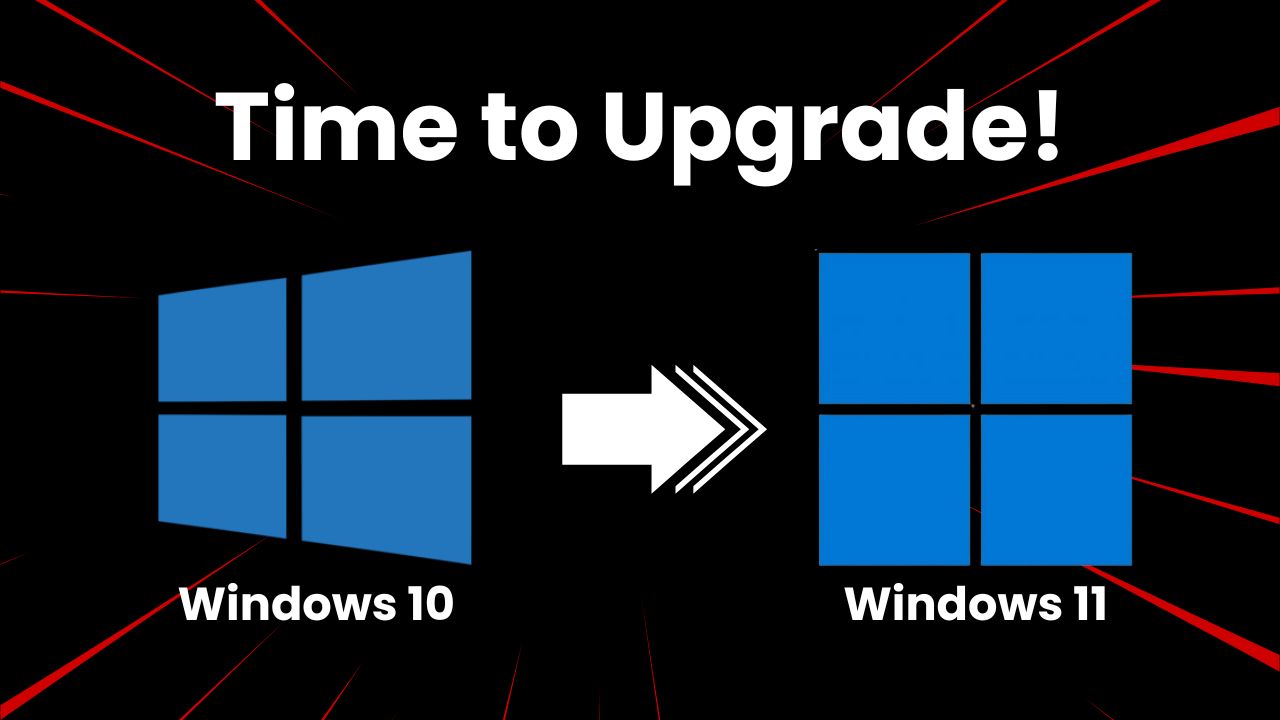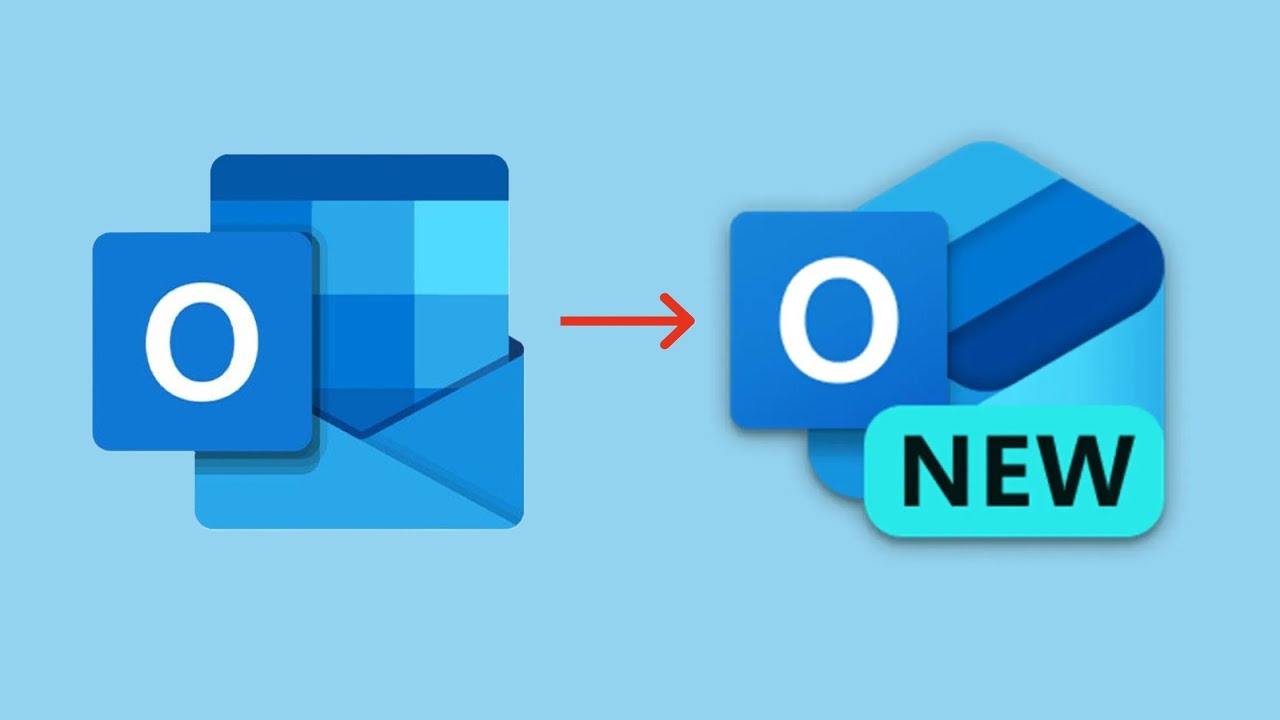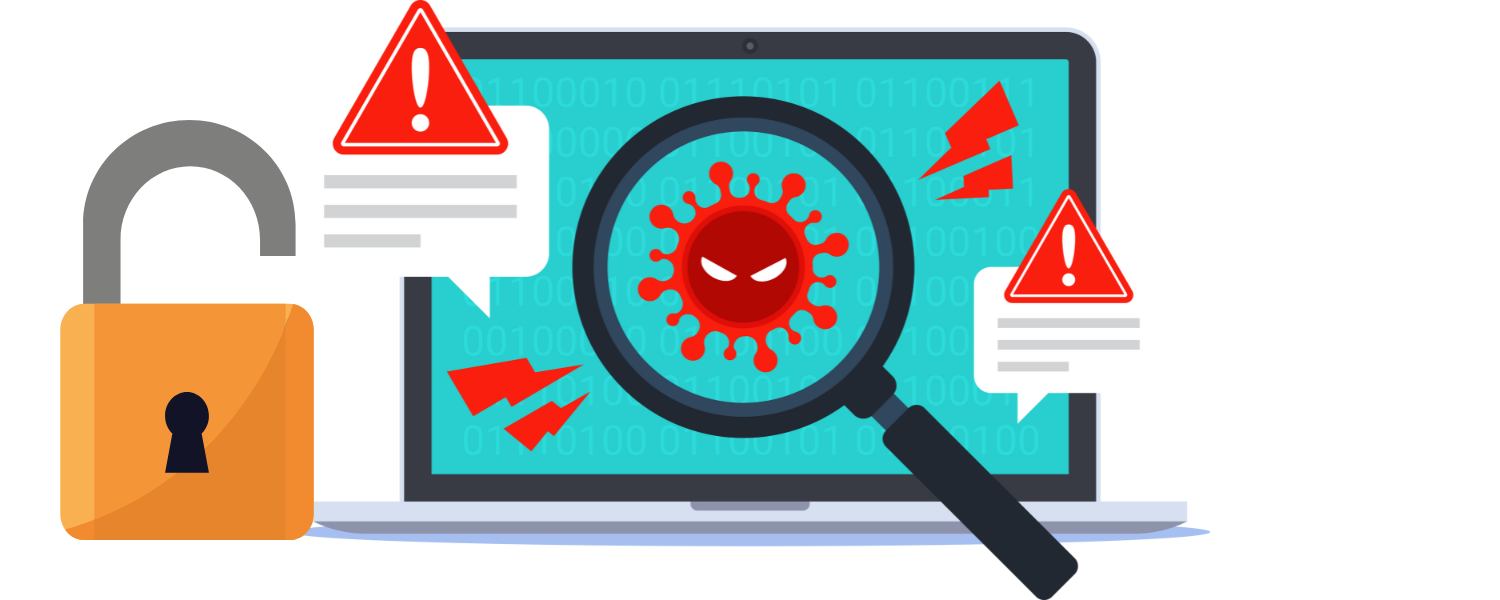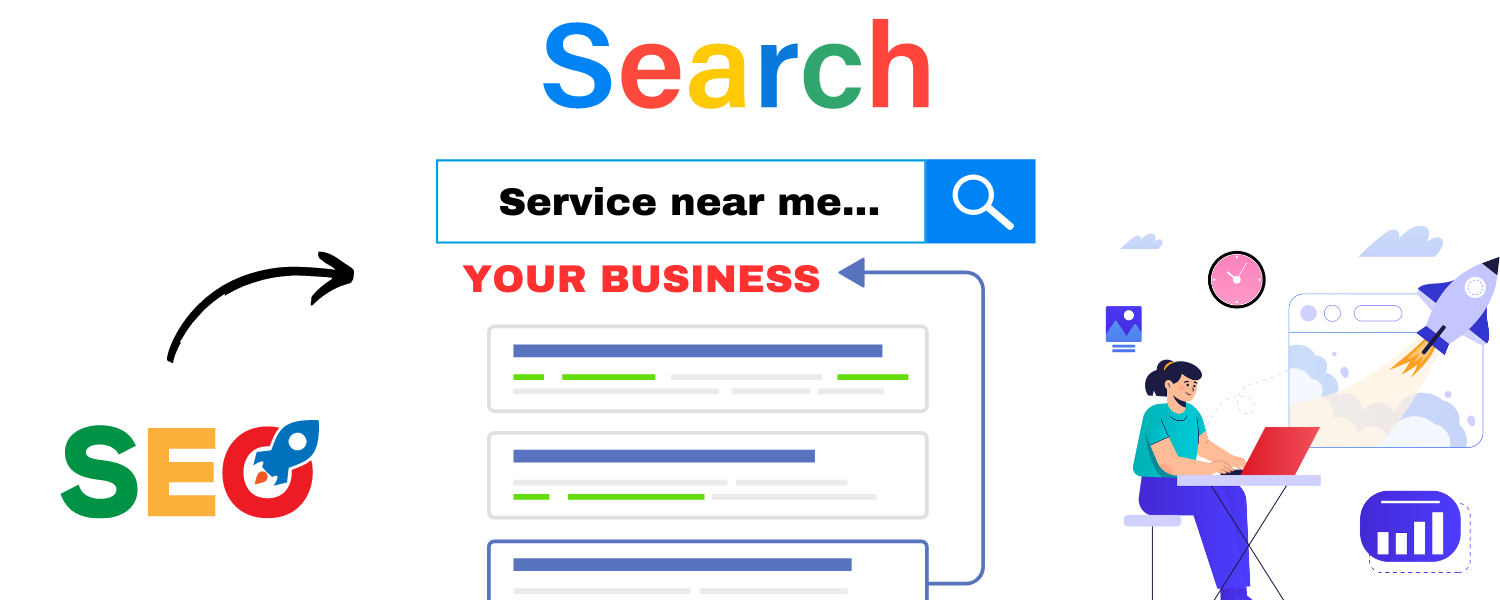
Tips for Marketing Your Small Business
Marketing is crucial for small businesses to reach their target audience, build brand awareness, and generate sales. Here are some tips for effective marketing for small businesses:
1. Define Your Target Audience
Identify your ideal customers, their demographics, preferences, and pain points. Tailor your marketing efforts to address their specific needs.
2. Develop a Unique Value Proposition (UVP)
Clearly communicate what sets your business apart from competitors. Highlight the unique benefits and value your products or services offer.
3. Create a Strong Online Presence
In today’s digital age, having a website and active social media profiles is essential. Ensure your online presence reflects your brand and is up to date.
4. Content Marketing
Produce valuable and relevant content that educates, entertains, or solves problems for your target audience. Blog posts, videos, infographics, and podcasts can help establish your expertise.
5. Email Marketing
Build and maintain an email list to stay in touch with your customers and prospects. Send out newsletters, promotions, and updates to keep them engaged.
6. Social Media Marketing
Choose the right social media platforms for your business and create engaging content. Interact with your audience, respond to comments, and run targeted ads if your budget allows.
7. Local SEO
Optimize your website for local search by including location-specific keywords, creating a Google My Business profile, and obtaining online reviews.
8. Pay-Per-Click (PPC) Advertising
If your budget permits, use platforms like Google Ads or Facebook Ads to target specific keywords and demographics. Monitor and adjust your campaigns to maximize ROI.
9. Networking
Attend industry events, join local business groups, and participate in online forums to connect with potential customers and other businesses.
10. Customer Referral Program
Encourage satisfied customers to refer others to your business by offering incentives or discounts.
11. Track and Measure
Use analytics tools to monitor the performance of your marketing efforts. Adjust your strategies based on the data to improve results over time.
12. Mobile Optimization
Ensure your website and marketing materials are mobile-friendly since many users access information on smartphones and tablets.
13. Consistency
Maintain a consistent brand image and message across all marketing channels to build trust and recognition.
14. Budget Wisely
Allocate your marketing budget based on the strategies that yield the best results. Experiment with different approaches and scale what works.
15. Stay Informed
Keep up with industry trends, changes in consumer behavior, and new marketing tools and techniques to adapt and stay competitive.











